Ecosystems: Interactions, Energy, and Dynamics
-
 Brain
BrainExplainer: What is anxiety?
Anxiety is the stress linked to worries about an upcoming event — one that may not even happen. But anxiety can affect the body every bit as much as does the stress provoked by staring down a hungry lion.
-
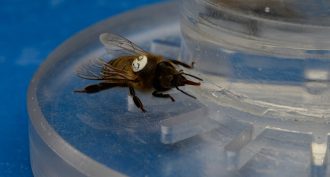 Animals
AnimalsNews Brief: Bees prefer caffeine-spiked nectar
Bees usually alert friends to sources of especially sweet nectar. But a new study finds caffeine is every bit as appealing to them as the sugar is. And that could compromise the quality of their honey.
-
 Environment
EnvironmentHumans are ‘superpredators’
A new study compares the hunting habits of wild animals and humans. People, it turns out, are unlike any other predator on Earth.
By Susan Milius -
 Animals
AnimalsWolves beat dogs at problem-solving test
When treats are at stake, wolves outperformed dogs at opening a closed container. The dog’s relationship with humans may explain why.
By Susan Milius -
 Health & Medicine
Health & MedicineCool Jobs: Finding foods for the future
What's for dinner... tomorrow? Scientists are developing new foods to meet the demands of the growing population in a changing world.
-
 Animals
AnimalsWeed killers may go from plant to pooch
Dogs love to roll around in the grass. But if there is weed killer around, it could end up on — and in — our furry pals.
-
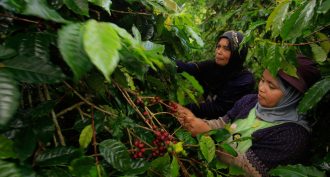 Agriculture
AgricultureMade in the shade
Agroforestry combines woody plants and agriculture. Growing trees alongside crops and livestock benefits wildlife, environment, climate — and farmers.
-
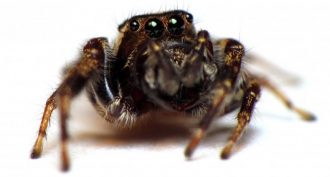 Environment
EnvironmentInsecticide can change a spider’s personality
A chemical meant to kill moths affects the behavior of some spiders. It alters the spiders’ ability to capture prey — including those moths.
-
 Agriculture
AgricultureOrganic food starts to prove its worth
Organic food often comes with a higher price. But research is showing that food grown this way can be better for the environment — and possibly for us.
-
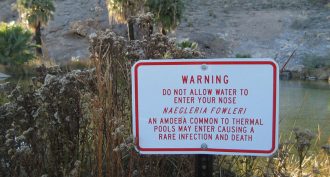 Microbes
MicrobesHow ‘brain-eating’ amoebas kill
When people infected with a “brain-eating amoeba” die, their own immune systems might be to blame.
-
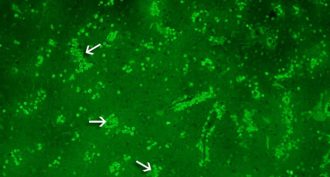 Health & Medicine
Health & MedicineFive things to know about ‘brain-eating’ amoebas
These parasites can be scary, but they rarely trigger infections. Still, knowing more about them can help you avoid behaviors that heighten risks.
By Janet Raloff -
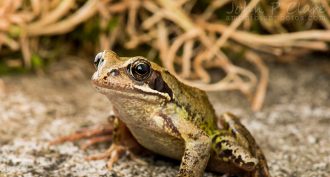 Animals
AnimalsExplainer: Male-female flexibility in animals
Some animals behave as if they were the opposite sex; others can even change their sex — and still produce offspring.